Articles
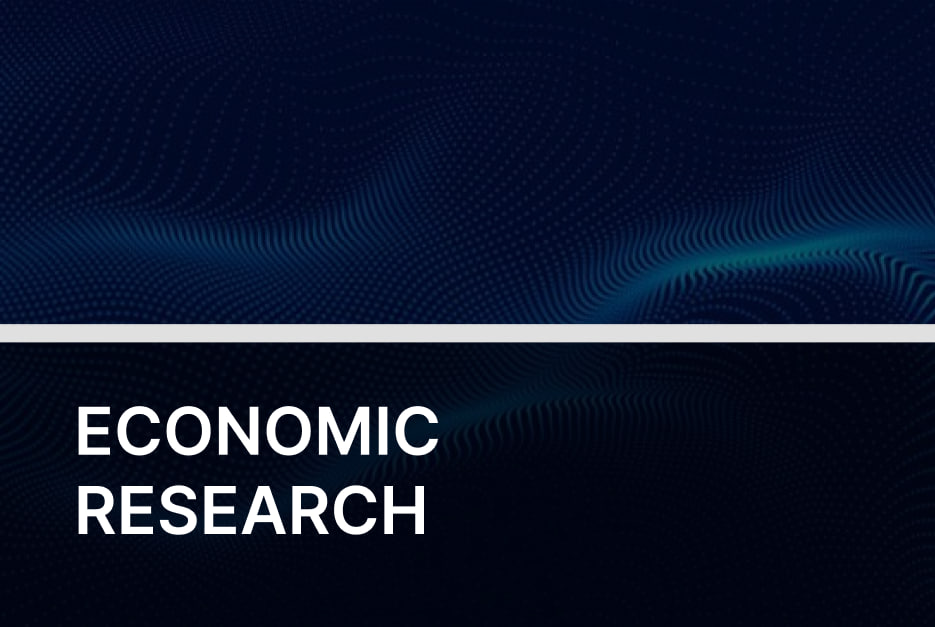
Why are economists always busy with some strange topics
Economic research subjects often cause confusion: for example, what is the benefit of studying now the events of a distant past? Scholars are doing this research not for the sake of finding solutions that worked well dozens or hundreds of years ago – those are really useless today, but for the sake of answering another, less obvious question. Konstantin Egorov, a professor of the University of Antwerp and a New Economic School alumnus, tells what that question is.
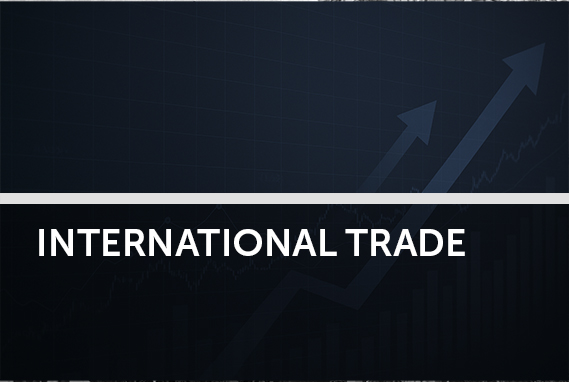
Betting on Zero: How Trump's Tariffs Are Changing Global Trade
The Trump shock has sent the global trading system into a knockdown. A key question for the global economy is how and in what condition it will emerge from the tariff chaos. Natalya Volchkova, NES Professor and Vice-rector for Research at the Russian Foreign Trade Academy, Maxim Medvedkov, Adviser to the WTO Expertise Center and former Chief Negotiator for Russia's accession to the WTO, and Peter Varyushin, Head of commodity markets research at Norilsk Nickel, discussed this topic during the NES Popular Science Days in memory of Gur Ofer, New Economic School’s co-founder. GURU summarizes the main ideas from their talk and future scenarios that economists consider.

Ruben Enikolopov: Social Media – How to Consume Them Properly
Social media lock their users in echo chambers. They increase polarization in societies, and their algorithms can force any narratives upon users. These are just a few of the popular accusations against social media, but many of them are rather myths. In fact, we don't know much about the world of social media, says Ruben Enikolopov, NES Academic Supervisor and a researcher of social media. In many ways, their impact depends on where the real world intersects with the virtual one, research shows.

A Loan from the Future: How Dangerous is the Growth of Public Debt?
Public debt of many developed countries is high above 100% of GDP, and in a few years this value will become the global average. NES Professor Valery Charnavoki answers the questions whether we should worry about the state of public finances, how long a country can live with such a debt burden, and how we can distinguish between a stable and unstable level of public debt.
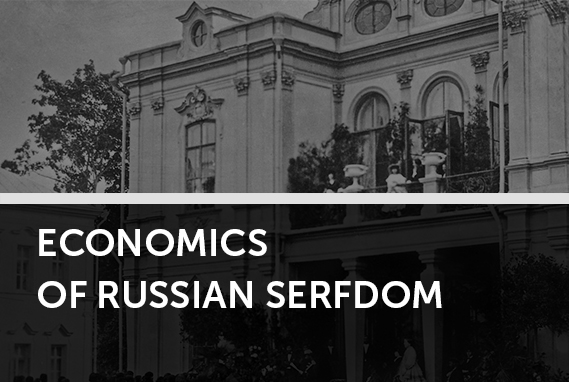
Economics of Russian Serfdom through Turgenev's Eyes
Ivan Turgenev's story «Khor and Kalinich» is one of the first works of Russian literature, showing the inner world of the country’s peasants. It could also serve as a vivid illustration of the economic model of the serfdom’s coercion system, says Dmitrii Kofanov, a Post-Doctoral Associate at the University of Pittsburgh and New Economic School’s graduate.This column is part of a joint project of NES and N+1, looking at economic theories in literary works.
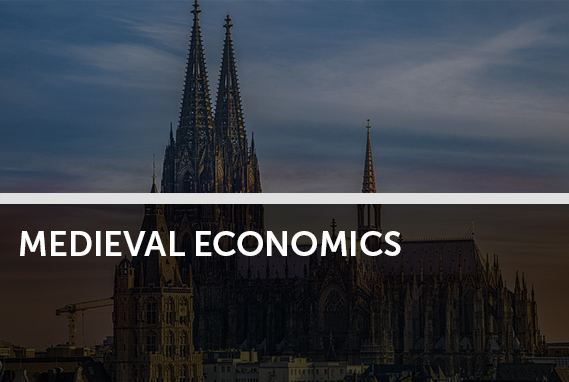
Holy Thefts, or Bones Economics
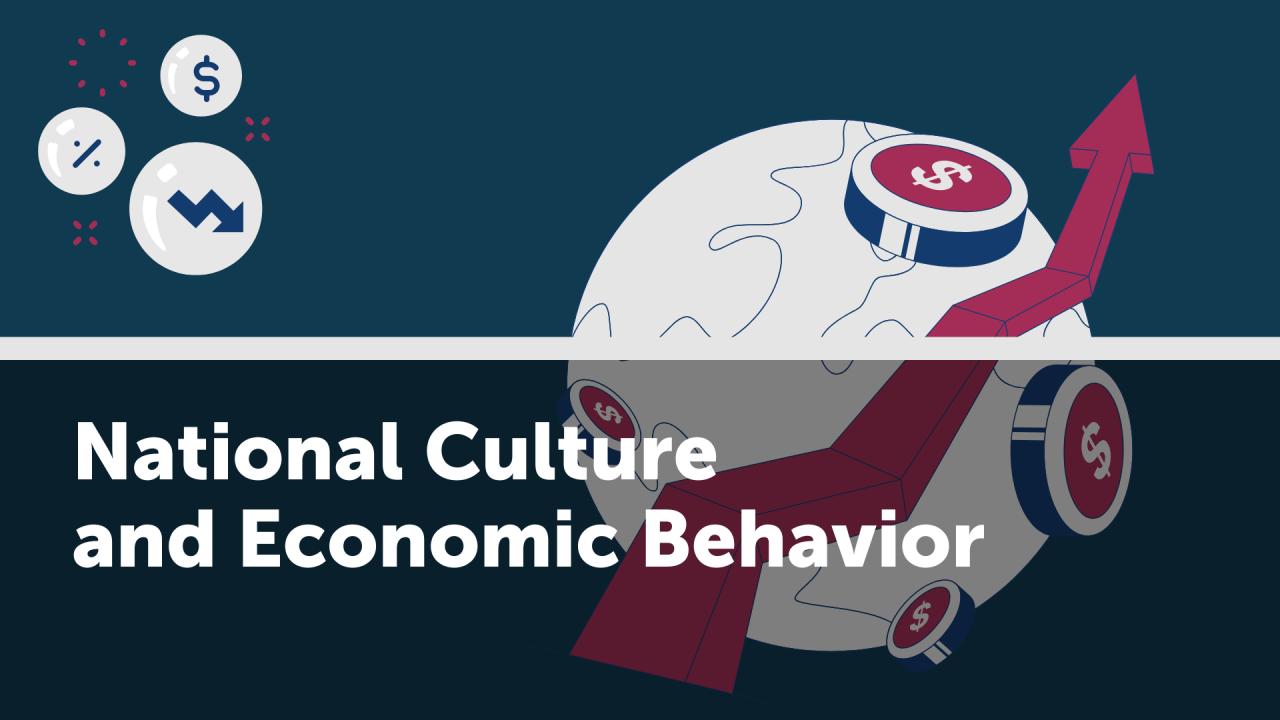
National Culture and Economic Behavior
Behavioral economics has made a great contribution, first, to prove that culture is among the factors that do matter when it comes to decision-making and, second, to study the mechanism behind this impact. In this respect, the Cultural Dimensions Theory created in 1980 by Dutch management researcher Geert Hofstede has introduced new dimensions and perspectives to research. In this post we will not only discuss the theory but will also look into how culture impacts economic behavior of firms and individuals.
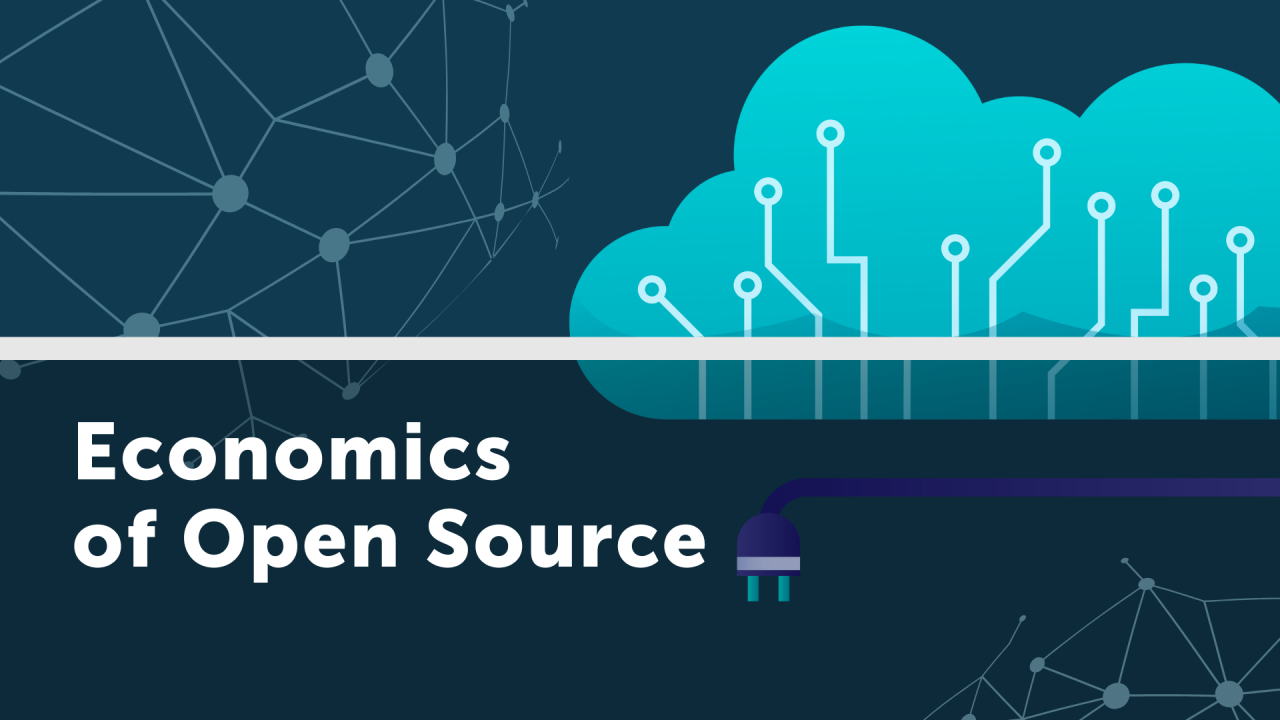
Economics of Open Source
Discussion around the influence of open-source software is gaining renewed attention with the latest wave of open-source AI. Along with the obvious advantages in the form of free access to the innovations there are growing concerns on the security issues. In this post, we are trying to follow the development of open-source software, its benefits for the companies and economy and of course about the risks.

Fueled by VC Funding, Start-ups to Further Drive Fintech Revolution
If we try to trace the origin of Fintech, we shall find that it has existed in some capacity or the other since the first wave of financial globalization during the late 19th and early 20th centuries. Like other technological revolutions of the past, it has been, and continues now, to cause significant structural change: novel technologies in a short time are replacing traditional ones. Some of the most important Fintech innovations were electronic payment systems, web-based business models, and bank digitalization. In this post, we will look into the landscape of the present-day Fintech industry and sectors where start-ups can find big market opportunities for development.

Visionary Insights: Do You Need to Become a Strategic Thinker?
Nowadays it's difficult to discuss future business strategy analytics without including AI. But when asked, "Who is smarter — a human or AI?," ChatGPT’s answer is uncertain. It ultimately depends on the context and the specific tasks at hand. Humans possess the unique ability to think creatively and innovate, involving not only generating new ideas but also taking risks and experimenting. All these are limited for AI, because the technology can only use known data and replicate it. Replicating existing solutions won't address the modern challenging world, and companies require innovative approaches. Visionary or strategic thinkers can help generate new ideas and bring them to life. Who are they, and should you have them in your business or become one yourself?
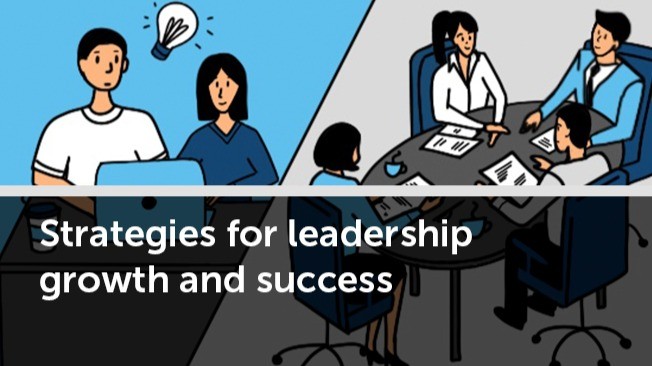
Paths to becoming a CEO
When one thinks about becoming a CEO, it is the timeless skills like leadership, strategic thinking, adaptability, problem-solving, integrity, financial acumen and communication that come to mind. But reaching the top of the corporate hierarchy also means having several qualifications. First, a minimum requirement is a bachelor’s degree, usually in business, finance, or engineering. Second is having extensive and diverse work experience, and a deep understanding of the industry which, in turn, allows one to understand the different aspects of a company and make informed decisions. Third, executive education often acts as additional support to senior managers in achieving the office. And on top of it there is networking, something that all NES alumni share and understand the importance of being in the right place at the right time is part of future career success.
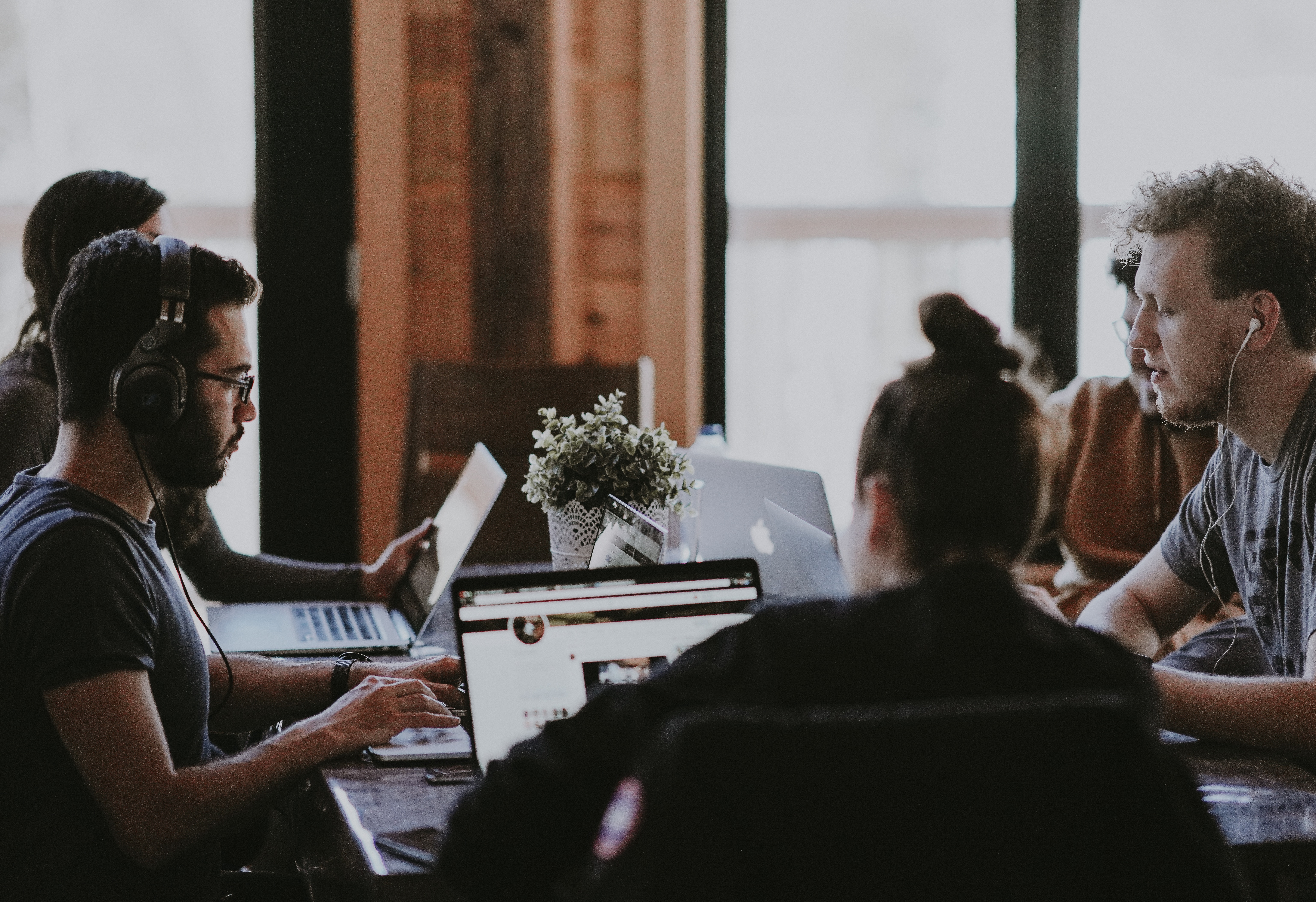
The Economy Is Plunging into Labor Market Abyss
In recent years and in many countries, the labor market has faced a series of shocks that have added to long-term transformations. The combination of these shocks changes the relationship between the employee and the employer. These changes, the spreading of non-standard forms of employment, the situation on the Russian job market, the gap between labor supply and demand, and the causes and consequences of the increasing number of job openings and low unemployment were discussed at the NES Educational Days by NES Professor Irina Denisova, economist Vladimir Gimpelson and HeadHunter CEO Dmitry Sergienkov. GURU summarizes below the main points of their public talk, which was moderated by NES Rector Anton Suvorov.
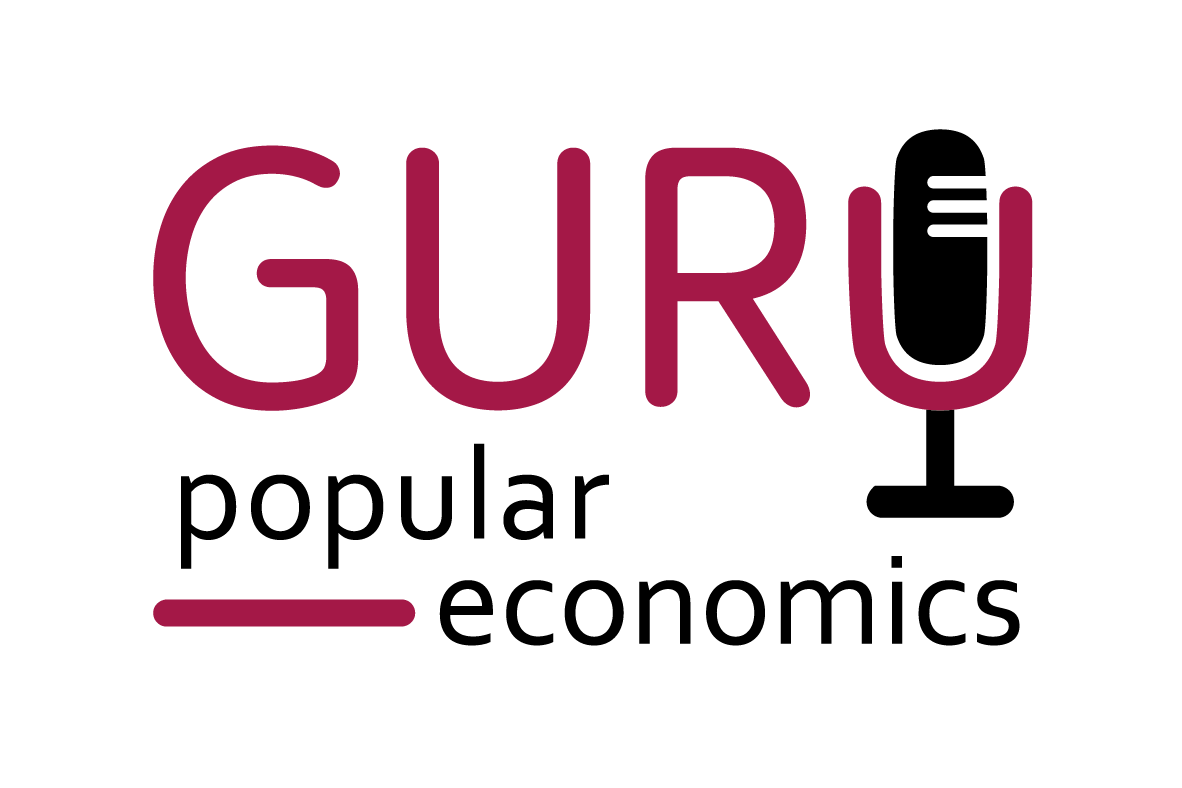
.png)








